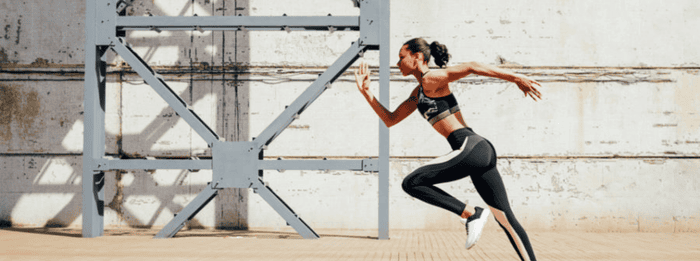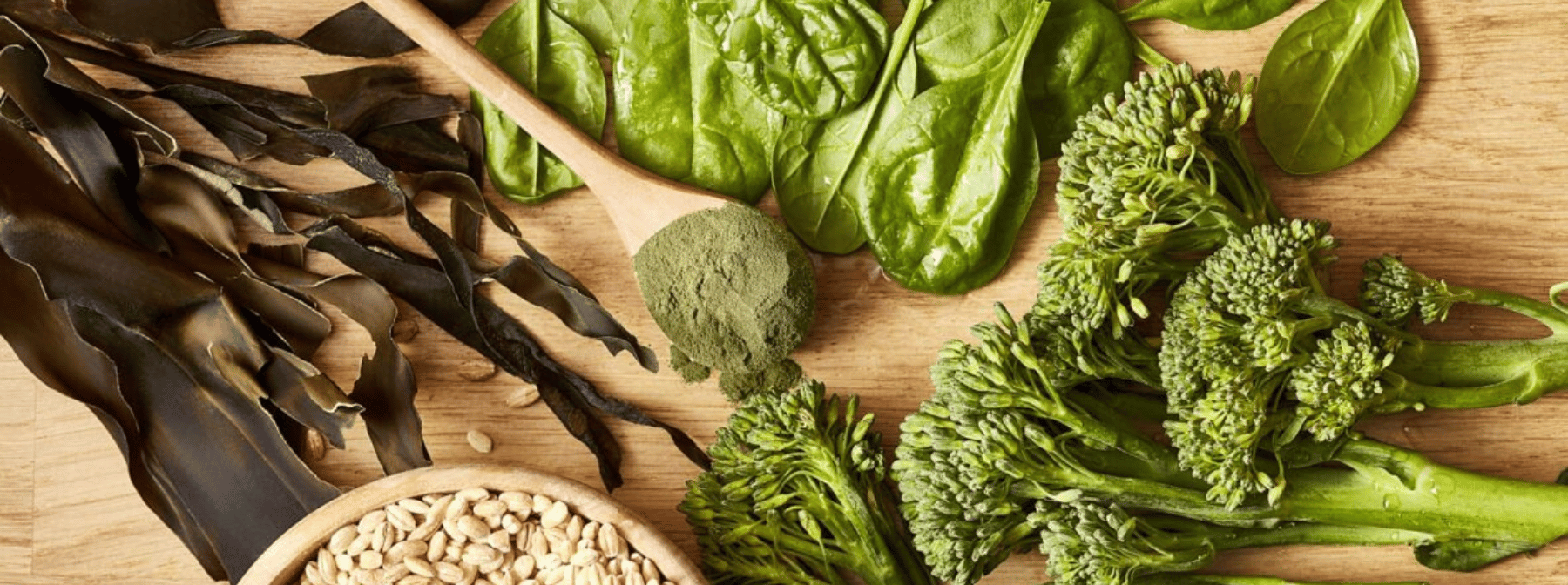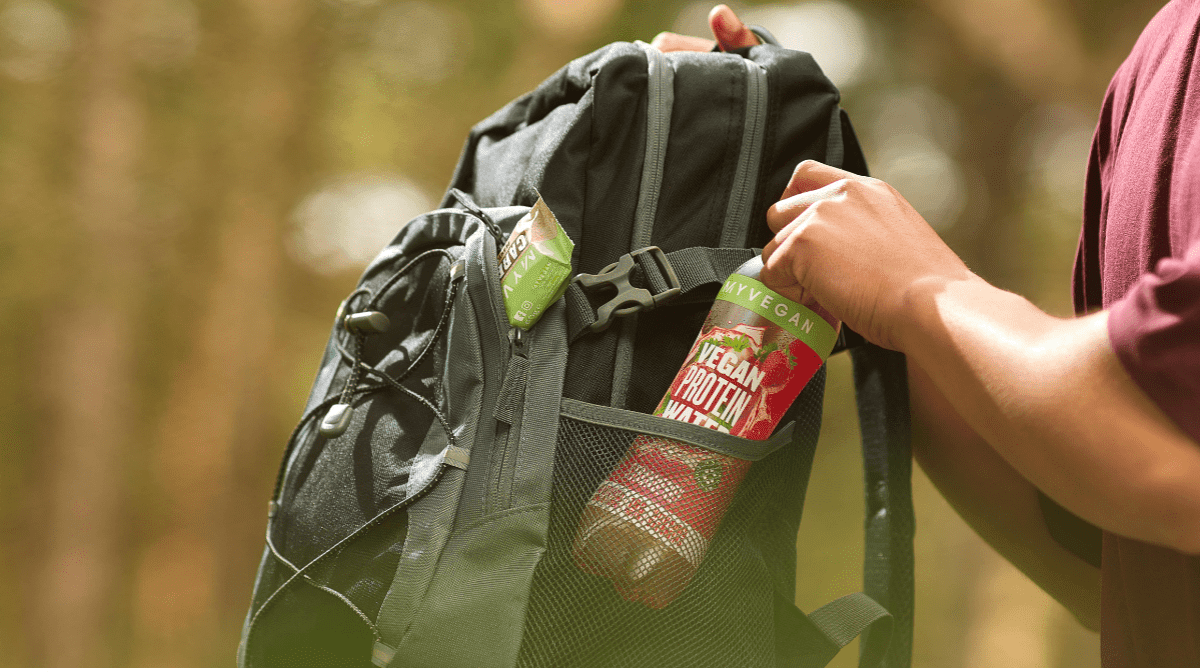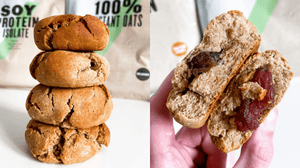
- Why is immunity important?
- What weakens the immune system?
- 1. Not eating enough
- 2. Dehydration
- 3. Stress
- 4. Lack of sleep
- 5. Being less active
- Signs you need an immunity boost
Why is immunity important?
We all want a strong immune system to avoid getting the flu or common cold. A strong immune system can help find and fight harmful infections and germs to keep you feeling your best.
On the other hand, a poorly functioning immune system might overreact to these infections and cause more harm than good.
What weakens the immune system?
A large part of how well our immune systems function is genetic. The variation of how ‘strong’ our immune system is partially due to different amounts of helpful immune cells that we naturally have1.
On the bright side, there are some great lifestyle habits that can boost the number of these cells and aid our bodies in fighting off bugs and diseases.
But knowing which of our habits to change can sometimes be difficult. That’s why we’ve put together a list of some lifestyle habits that might be impacting your immune system.

1. Not eating enough
Your immune system is fuelled by energy from your body. But, if you don’t have enough energy, your immune system goes on the backburner.
To support your immune system, you should be eating the right number of calories and macronutrients (fat, carbs and protein) for your body’s needs.
Don’t forget, micronutrients are important too - deficiencies in Vitamin C, A or D can seriously impact your immune function2.
To prevent this, you should try to ensure you have the right amount of macro and micronutrients in your diet. A great way to achieve this is to eat a balanced diet that is rich in nutritious plant foods.
What’s more, whole-plant foods are packed full of immune promoting antioxidants and lower in pro-inflammatory nutrients like sugars and trans fats that can worsen immunity3.
2. Dehydration
When we’re well hydrated, we reduce stress and inflammation, and increase how responsive our immune system can be4. But when we’re dehydrated, there’s more inflammation and stress on our bodies.
How much water we need changes based on our weight, exercise and climate we live in. Feeling hungry, having a dry mouth or noticing darker coloured urine could be signs you’re not drinking enough water.
3. Stress
When we’re stressed it causes our bodies to produce ‘fight or flight’ hormones such as cortisol that can directly suppress our immune system.
Getting enough rest and relaxation is critical, as long-term stress causes your body to be on high alert. This stops you from recovering and producing enough helpful cells to support your immune system.
Practices like mindfulness are well known for being effective in dealing with stress5. So try to find time in your routine to take a break and relax when you can.

4. Lack of sleep
We hear all the time how important sleep is for health, and for good reason. While you sleep, your body enter a state of rejuvenation and repair. During this, your immune system activates and produces helpful cells that prepare immune responses6.
If you don’t get enough sleep, your body can act as though you’re under high levels of stress, weakening your immunity.

10 Best Foods That Help You Sleep
Discover our (all-vegan) food and drink favourites to help you catch those zzzs.
5. Being less active
Exercising regularly and being active can help with everything from heart health to mobility. But did you know it also supports your immune system?
Research consistently finds that exercise reduces our risk of inflammation whilst improving the responsiveness of our immune system7.

Signs You Need an Immunity Boost
The following could be signs that you can benefit from an immunity boost:
Frequently becoming ill
General fatigue
Skin or hair issues
High stress levels
Digestion problems because of how your gut influences immunity
Talk To Your Doctor
Myvegan are not making any medical claims within this article. Prior to making dietary/lifestyle changes, consult your doctor, nutritionist or dietitian.
Take Home Message
Your immune system is constantly working to maintain your health and vitality. One of the ways we can support this is through eliminating/reducing immune weakening habits that can become part of everyday life.
FAQs
What are signs of a strong immune system?
One sign of a strong or well-functioning immune system is recovering well from a cold or flu. Another sign is, getting ill less frequently than 1-3 times per year, which is the average number of colds/flu people typically get.
What weakens the immune system the most?
Research shows that a less nutritious diet and a lack of sleep are the biggest factors for a weak immune system. But being less active and high stress levels are also big contributors.
Do vegans have stronger immune systems?
Not necessarily – it is possible to follow a vegan diet whilst having nutritional deficiencies and poor food selection, just like any other diet.
However, diets that are higher in plant chemicals, fibre and micronutrients appear to be associated with greater levels of immunity. And vegan diets are plentiful in these.
So, a vegan following a nutritious whole-food plant-based diet could potentially have a stronger immune system than the average person. But it’s important to know there’s no direct evidence that shows swapping to a vegan diet boosts immunity directly.
How can vegans boost their immune system?
Vegans can boost their immune system by eating a balanced diet that includes many whole plant foods. However, making sure all micronutrient needs are met is very important to optimise immunity. Certain foods mentioned above may offer unique immune support, but none of them on their own can replace a healthy diet that protects against micronutrient deficiencies.
- Nicholson, L. B. (2016). The immune system. Essays in Biochemistry, 60(3), 275–301. https://doi.org/10.1042/ebc20160017
- Harvard School of Public Health. (2020, May 1). Nutrition and Immunity. The Nutrition Source. https://www.hsph.harvard.edu/nutritionsource/nutrition-and-immunity/
- Monye, I., & Adelowo, A. B. (2020). Strengthening immunity through healthy lifestyle practices: Recommendations for lifestyle interventions in the management of COVID‐19. Lifestyle Medicine. https://doi.org/10.1002/lim2.7
- Horswill, C. A., & Janas, L. M. (2011). Hydration and Health. American Journal of Lifestyle Medicine, 5(4), 304–315. https://doi.org/10.1177/1559827610392707
- Querstret, D., Morison, L., Dickinson, S., Cropley, M., & John, M. (2020). Mindfulness-based stress reduction and mindfulness-based cognitive therapy for psychological health and well-being in nonclinical samples: A systematic review and meta-analysis. International Journal of Stress Management, 27(4). https://doi.org/10.1037/str0000165
- Rico-Rosillo, M. G., & Vega-Robledo, G. B. (2018). [Sleep and immune system]. Revista Alergia Mexico (Tecamachalco, Puebla, Mexico: 1993), 65(2), 160–170. https://doi.org/10.29262/ram.v65i2.359
- Terra R., Da-Silva S. A. G., Pinto V. S., Dutra P. M. L. (2012b). Effect of exercise on the immune system: response, adaptation and cell sinaling. Rev. Bras. Med. do Esporte 18 208–214










